Organizations must respond effectively when the unexpected happens. To reach a better understanding of what makes an organization resilient in the face of change or crisis, Karl Weick and Kathleen Sutcliffe studied “high reliability organizations” (HROs), such as firefighting units and aircraft carrier crews. The authors share their findings in this practical text, which offers principles for planning, preparation and action. It then explains how to apply these precepts to your processes, communication and hierarchy – thus helping your organization brace itself to manage unforeseen events.
“High reliability organizations“ (HROs) respond well to the unexpected and understand something unexpected will always happen.
You must learn to manage the unexpected, because such events – “nonobvious breakdowns” – are disruptive, may be frequent and require special attention. When something unanticipated happens, organizations often have trouble coping. New shocks present temporary uncertainties, and may feel unknowable. Your goal as a leader during a crisis is to make the unknown knowable. Organizations that methodically plan for the unexpected can become “high reliability organizations” (HROs), like firefighter units or aircraft carrier crews. Their cultures build redundancy into their organizational structure and training. HROs establish networks of expertise and emphasize making sense, processing information and examining relationships.
Managing the unexpected depends on mindful organizing that makes sense of events as they unfold.
Mindful organizations remain sensitive to how things work and committed to resilience. They know their system isn’t perfect, so they build in...
Karl E. Weick, author of The Social Psychology of Organizing, teaches at the University of Michigan’s Ross School of Business, where Kathleen M. Sutcliffe serves as associate dean.










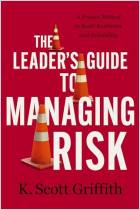
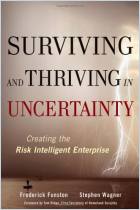
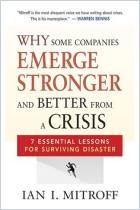

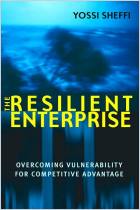
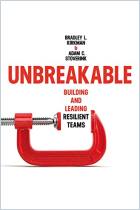






Comment on this summary or Iniciar a Discussão